Ronald Stevenson: The Man and His Music
Discovery Club Members save even more!
Login or Join Today
A Symposium
Edited by Colin Scott-Sutherland
Foreword by Lord Menuhin
Extent: 507 pages
Composition: Royal octavo ~ 509p ~ Copiously illustrated ~ List of Works ~ Bibliography ~ Discography ~ Index of Stevenson's Music ~ General Index
Ronald Stevenson is one of Britain’s leading composers, and almost certainly its most prolific. He is best known for his massive Passacaglia on DSCH – at 80 minutes long, the biggest single-movement work in the piano literature. But he has an enormous number of other fine works to his credit: a vast corpus of original and exciting works for the piano, the instrument of which he is an acknowledged master, a number of innovative and impressive scores for orchestra (including four concertos), many attractive pieces of chamber music, and over two hundred songs. All of them testify to Stevenson’s enduring belief in the value of melody.
Stevenson is also one of the last representatives of the great tradition of Romantic composer-pianists – the tradition that embraced Paderewski and Busoni, two figures with whom he feels a particularly affinity, and whose heritage he has extended, both as performer and creative personality, into the modern age.
This collection of essays, edited by the Stevenson scholar, Colin Scott-Sutherland, covers virtually all of Stevenson’s enormous output. It features contributions from a number of leading authorities: Malcolm MacDonald on the orchestral music, Ate? Orga on the piano works, Alistair Chisholm on the chamber music, Derek Watson on the songs, Harold Taylor on Stevenson’s pianism, Jamie Reid Baxter on the choral music and on Stevenson’s position in Scottish culture. It also reproduces a selection of Stevenson’s exquisite piano miniatures, in facsimiles of the composer’s calligraphic script.
In a Foreword written shortly before his death, Lord Menuhin describes Stevenson as ‘one of the most original minds in the composition of music’ and predicts that ‘his music will be appreciated more and more’. This book is a major step in that process of discovery.
COLIN SCOTT-SUTHERLAND has contributed several articles on Ronald Stevenson’s work to various journals, and a chapter on his music to British Music Now.
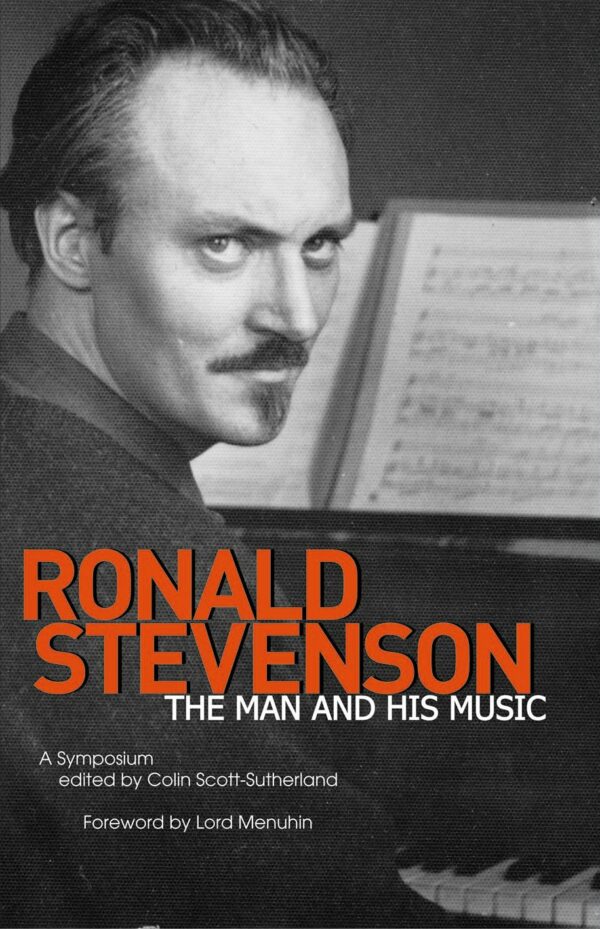
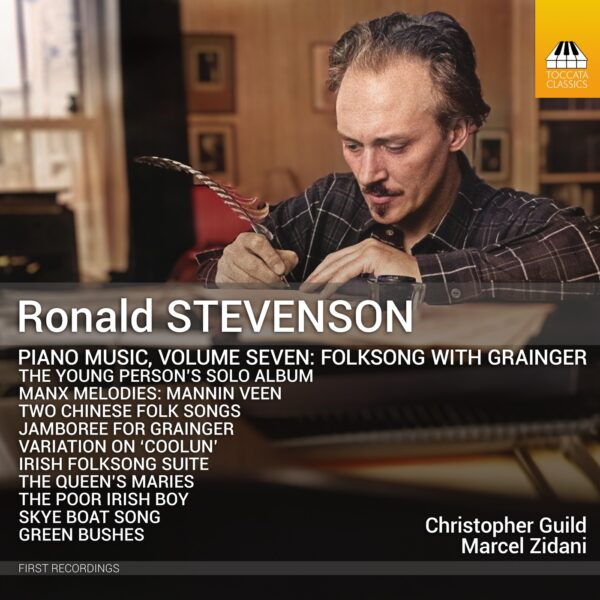
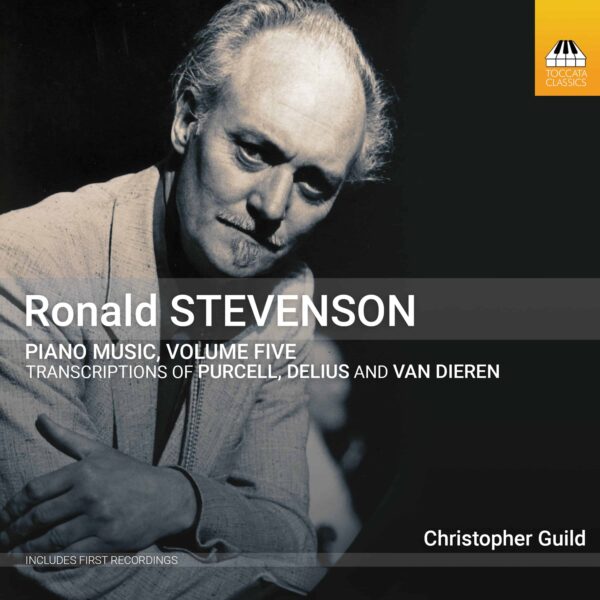
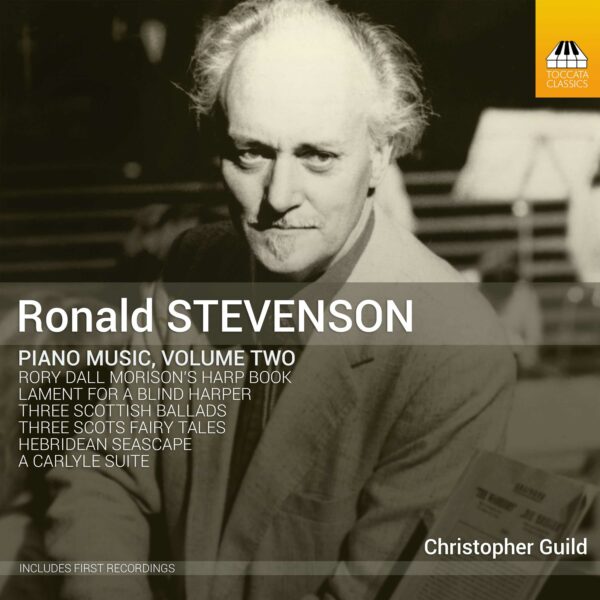
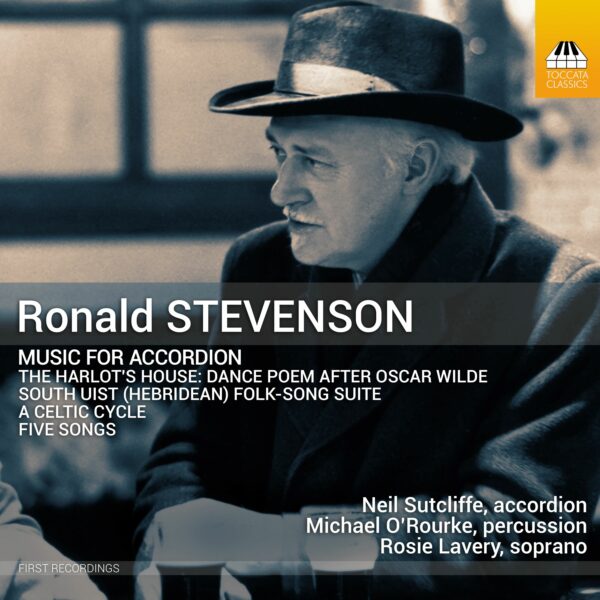
Music & Vision Daily :
‘He is without doubt among the greatest British pianists of our time […]. He is not so much ‘larger-than-life’ as the incarnation of musical life itself. His creativity seems to know no bounds; […]. Colin Scott-Sutherland has engineered a book of remarkable scope, extraordinarily well organised […]. With its wonderful display of photographs, this is without doubt among the most generous and comprehensive books on any British composer, and its fascinating and prolific subject – surely among the very greatest of British musicians – deserves every page of it.’
—Patric Standford, Music & Vision Daily
Murray McLachlan :
“this is a symposium that is meant to be used, then used again. Its prime purpose will be to leapfrog performers, musicologists, concert promoters and music lovers of all ages and tastes into action. It deserves the greatest success not only for the prosperity of Ronald Stevenson’s art, but more importantly for the long term health and nourishment of “serious music” in the dangerous political climate that our global village finds itself in today.” —Murray McLachlan
MusicWeb International :
‘The present book is a satisfyingly substantial symposium. […] By the book’s content and design it instantly declares itself as the authoritative reference on Stevenson. This is no missed opportunity.
This is a handsomely presented book that is a joy to use. The thirty page index means business. Layout includes footnotes rather than endnotes but these are no obstacle to an athletic read. I am quite confident that the next Grove will have this book at the head of the bibliography for their Stevenson entry. […]
As well as being a signal entry in Martin Anderson’s determinedly serious Toccata Press list, it also stands out as one of the major contributions to musical literature.’
—Rob Barnett, MusicWeb International